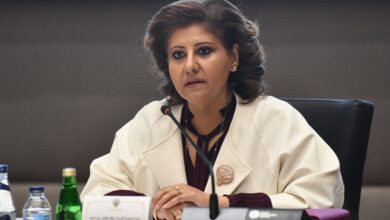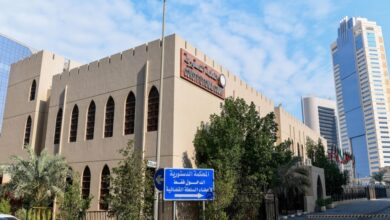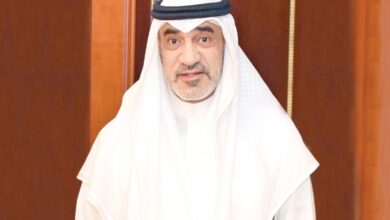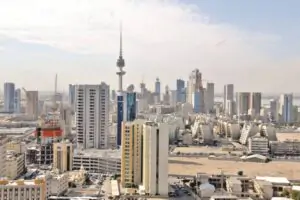GCC Municipal week highlights unified vision for smart, sustainable cities across the Gulf
. . . event reflects the commitment of Gulf leaders to unity and strengthened ties

Manal Al-Asfour, Director General of Kuwait Municipality, said the third Gulf Municipal Week serves as an important platform for enhancing cooperation among GCC countries and improving municipal services across the region.
Speaking at the opening ceremony held at the Four Seasons Hotel, she noted that the event reflects the commitment of Gulf leaders to unity and strengthened ties.

Al-Asfour emphasized that Gulf nations face similar challenges and share common goals centered on building smart, environmentally friendly cities that respond to the needs of future generations.
She expressed hope that the discussions held throughout the week would result in practical initiatives and scientific recommendations that support the Sustainable Development Goals and translate regional cooperation into concrete progress, reports Al-Rai daily.

Engineer Salah Al-Rashidi, head of the scientific committee for the event, highlighted the importance of exchanging expertise in areas such as urban planning, municipal legislation, digital transformation, and the urban environment.
He explained that the five-day gathering brings together specialists from across the GCC to present leading experiences, participate in workshops, and engage in focused dialogue sessions designed to advance municipal development and innovation.
Deputy Director General for the Projects Sector, Engineer Maysaa Boushehri, reviewed key municipal projects planned for the 2025–2026 period, stressing the municipality’s pivotal role in advancing Kuwait Vision 2035.
She noted that current efforts focus on developing public facilities and waterfronts, improving waste management, enhancing environmental sustainability, and implementing infrastructure projects that improve quality of life and promote investment, culture, and entertainment.
Among the major initiatives underway are the development and beautification of Al-Shuwaikh Beach, the reconstruction of the damaged area in Al-Mubarakiya as a model of sustainable urban development, and the establishment of a station to convert municipal solid waste into dry fuel.
Eng Boushehri added that the national development plan is structured around five consecutive five-year phases and strengthened by additional pillars introduced since 2015 to enhance sustainability, the knowledge economy, and infrastructure development.
During the event’s opening, representatives of GCC municipalities also presented their most notable upcoming projects, providing an opportunity to share best practices and the latest technologies in infrastructure planning and municipal services, further reinforcing the spirit of Gulf cooperation.












